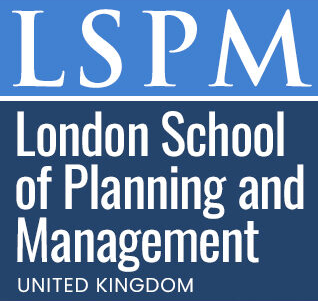Graduate Certificate in Inclusive Rehabilitation
Published on June 28, 2025
About this Podcast
HOST: Welcome to our podcast, today I'm thrilled to be joined by an expert in the field of inclusive rehabilitation. Can you briefly introduce yourself and your connection to this topic? GUEST: Hello, I'm Dr. Smith, a practicing physiotherapist with over 20 years of experience. I've seen firsthand the importance of inclusive rehabilitation in addressing diverse needs. HOST: That's fascinating. Let's dive into our topic for today - the Graduate Certificate in Inclusive Rehabilitation. Can you explain what makes this course unique? GUEST: Absolutely. This course stands out because it focuses on both cultural competency and person-centered care, equipping professionals to address a wide range of needs, including disabilities, mental health conditions, and trauma. HOST: I see. And how does this program help expand career opportunities for allied health professionals? GUEST: By developing expertise in areas like inclusive assessment, intervention strategies, and advocacy, graduates can become leaders in their respective fields and make a real difference. HOST: That's wonderful. Now, let's talk about current industry trends. What should our listeners know about the future of inclusive rehabilitation? GUEST: There's a growing recognition of the importance of inclusive practices, and this course is at the forefront of that movement. It emphasizes evidence-based practices, which are crucial in today's data-driven world. HOST: Indeed, staying current with evidence-based practices is vital. Now, what challenges have you faced or observed in teaching or learning about inclusive rehabilitation? GUEST: One challenge is addressing the diverse needs of students themselves, ensuring that the material is accessible and relevant to everyone. However, this course excels in that regard. HOST: It certainly sounds like it. Lastly, how do you see the field of inclusive rehabilitation evolving in the next 5 to 10 years? GUEST: I believe we'll see a greater emphasis on inclusivity across all health professions, and this course is an excellent starting point for professionals who want to be part of that change. HOST: Thank you, Dr. Smith, for sharing your insights and experiences with us today. It's been a pleasure discussing the Graduate Certificate in Inclusive Rehabilitation. GUEST: My pleasure, thank you for having me.
